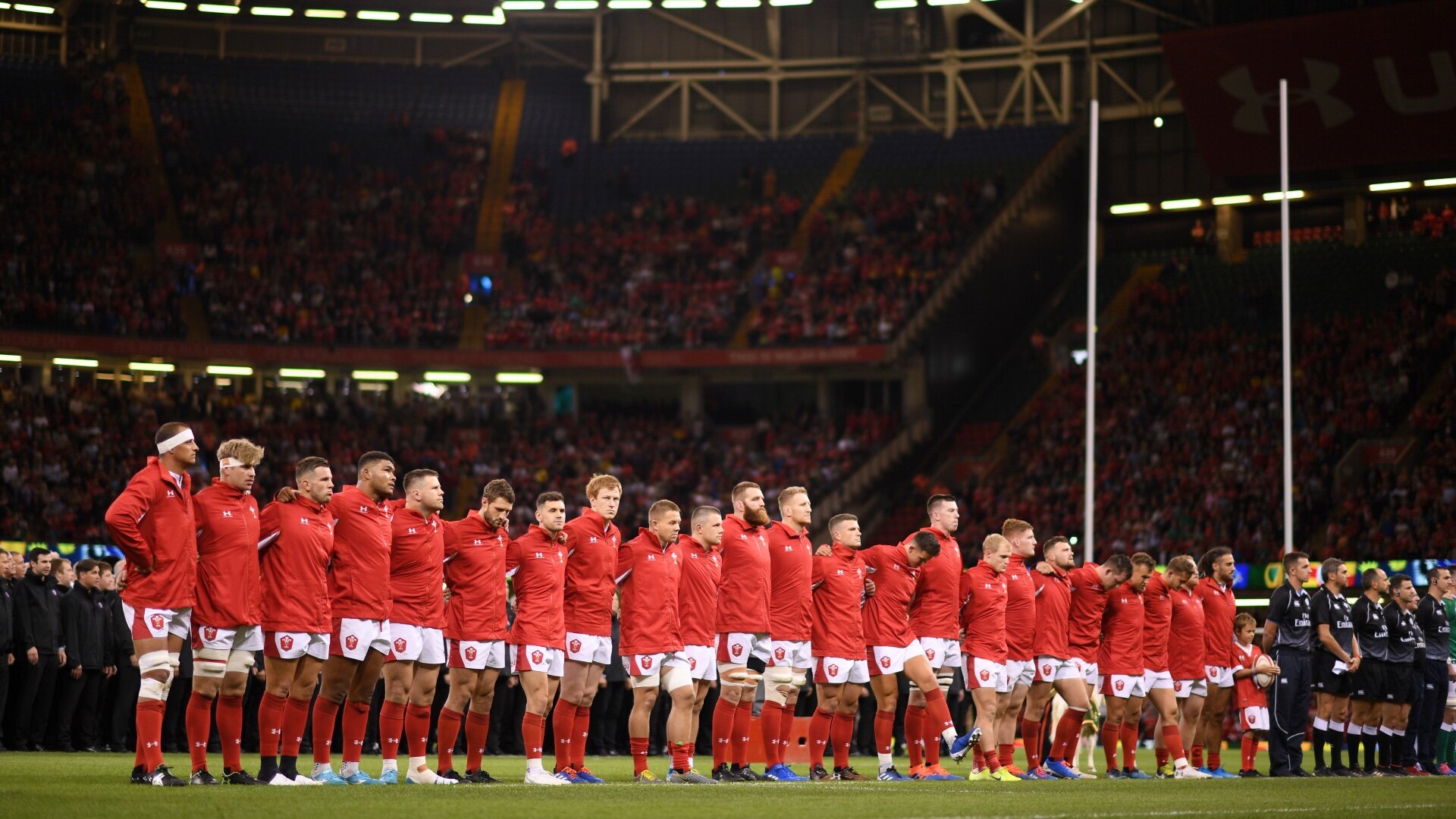'No crowds will present severe challenges' - WRU issue financial warning in annual report

The Welsh Rugby Union has detailed the financial impact of the COVID-19 pandemic and issued a warning for the year ahead as games continue behind closed doors. The WRU Group’s Annual Report for the the year ending 30 June 2020 describes how some 78% of income is derived from staging international matches and the commercial activities around those fixtures, leading to significant challenges in the current climate.
Wales’ final fixture of the 2020 Six Nations, a home game against Scotland, was postponed due to the coronavirus pandemic.
The WRU, who turned over £79.9m during the year ending 30 June 2020, state that the postponement of that game alone amounted to £8.1million deficit. However, they also state that a quick response to the coronavirus crisis allowed them to reduce costs and somewhat cushion the blow.
CEO and former Finance Director Steve Phillips described how the WRU managed the impact of Covid-19 down to a £5.3m deficit thanks to a number of measures, including pausing and alleviating non-essential capital, reducing staff salaries and utilising the Government Coronavirus Job Retention scheme.
A WRU statement read: “This, together with £4.9m of income, provided by the Group’s share of CVC Capital Partners’ investment in the PRO14 competition, helped to mitigate the pandemic’s effect.”
However, Phillips also issued a warning for the financial year ahead.
The WRU’s commercial income was up at £15.4m (2019: £14.2m) and income from participation in the Rugby World Cup made a significant positive contribution, but the pandemic negatively affected competition income (down to £7.1m from £11.9m in 2019) as well as event income (down to £1.1m from £2.4m in 2019) and hospitality and catering income (down to £9.3m, 2019: £14.0m) at Principality Stadium.
CEO Steve Phillips said: “We had expected to show a break even result for the current year and were on track to achieve this up until the business and economic disruption that was caused by the pandemic.
“Its impact on the Group has meant an unanticipated loss, but we expect to be able to retain profits over the medium term to be able to offset this loss and return net assets to previous levels.
“The Group has a healthy business, with a strong balance sheet and adequate liquidity. Immediate measures were taken to reduce costs and protect our financial position.
“However, it is too early to quantify the full impact of the Covid–19 pandemic on future financial performance and the Group will continue to closely monitor the developing situation.”
Phillips warned that the current financial year is where the full impact of the coronavirus pandemic could be felt.
“We are delighted that international rugby will return this autumn but the prospect of playing without spectators has an obvious and directly negative influence on our ability to generate revenue,” added Phillips.
“We have contingencies plans in place, for example for the prospect of home matches in the 2021 Guinness Six Nations having to be played in front of part capacity crowds, due to social distancing but no crowds will present severe challenges.
“We have sufficiently robust banking facilities but there is no doubt that YE21 is when the full impact of this pandemic could be felt.
“We can be proud of what we have achieved so far and, under present circumstances, only making a £5.3m loss in YE20 can be viewed in a positive light, but there is also much hard work ahead, just as there is for all in the sports, leisure and entertainment industries as we continue to navigate through the uncertainties arising from the current pandemic.”
The full WRU report can be viewed here.










































































